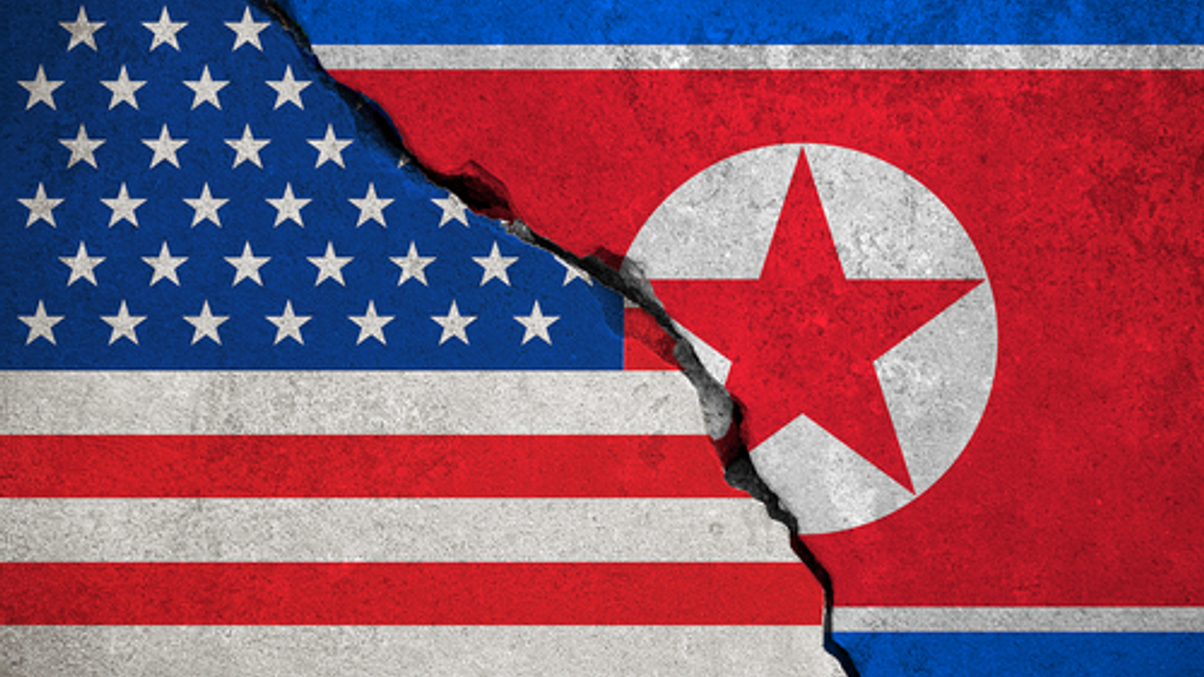Market Views: Will Korea gain from Trump-Kim summit?
The historic meeting between the leaders of the US and North Korea may lead to a thawing of political relations but will have limited impact on markets, according to four specialists.

On June 12, US President Donald Trump and North Korean leader Kim Jong-un held a one-day summit at a resort in Singapore, marking the first time the leaders of the two nations have met face to face.
Sign in to read on!
Registered users get 2 free articles in 30 days.
Subscribers have full unlimited access to AsianInvestor
Not signed up? New users get 2 free articles per month, plus a 7-day unlimited free trial.
¬ Haymarket Media Limited. All rights reserved.


